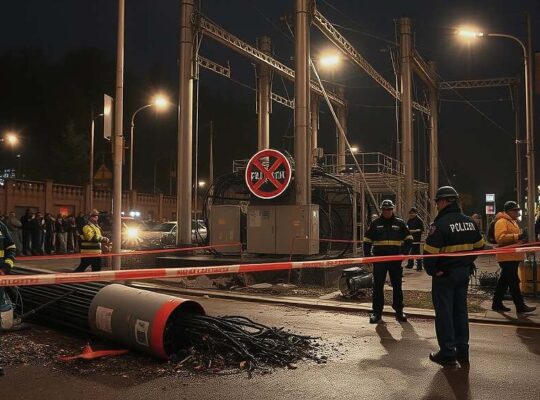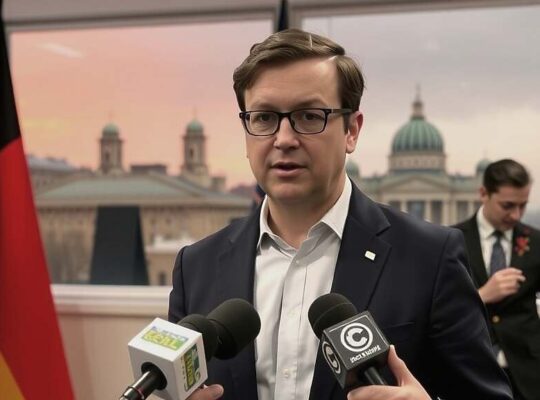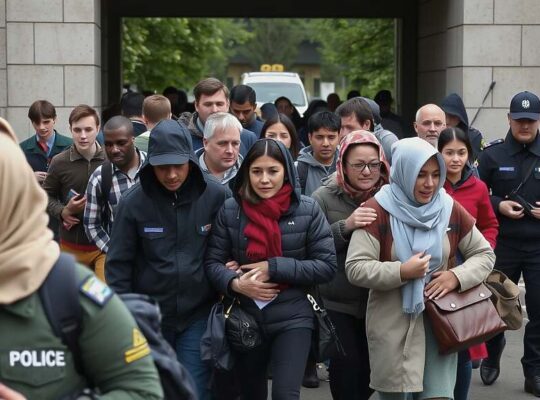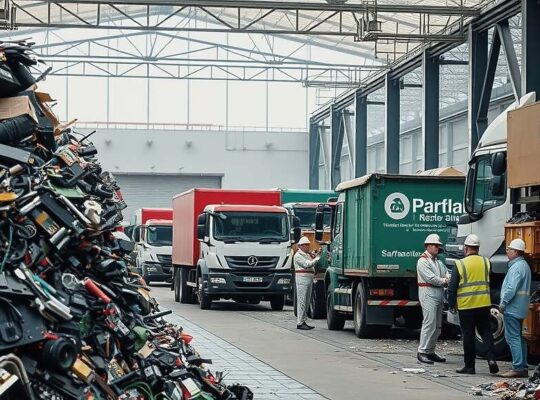The outgoing CEO of pharmaceutical giant Merck, Belén Garijo, has expressed a surprisingly optimistic view of Germany’s trajectory, contrasting sharply with prevailing national sentiment. In an interview with the Süddeutsche Zeitung, Garijo, a native of Spain, asserted, “I still look at the country with a bit more optimism than many Germans do.
Garijo attributed this difference in perspective to a deeply ingrained cultural tendency towards critique. While acknowledging this characteristic, she praised the initial momentum of the government led by Chancellor Friedrich Merz (CDU), noting it had instilled “enormous confidence” in the German economy. However, she cautioned that “it is now important to implement plans and to do so quickly” emphasizing that this principle applied equally to the corporate world. “We have to do that at Merck too.
Garijo’s remarks highlight the broader geopolitical anxieties currently shaping European discourse. She voiced frustration at Europe’s perceived fragility, positioned “in the middle” of the global power struggle between the United States and China. Her stance directly challenges the growing chorus advocating for a decoupling of European industries from China, dismissing it as an unrealistic proposition. “The idea of decoupling doesn’t appeal to me” she stated, arguing that such a move is “impossible” given the interconnectedness of global trade. She stressed that Merck’s significant revenue stream from China is crucial for sustaining operations in Europe and the United States, asserting, “It secures the future of our activities.
The CEO underscored the need for companies to prepare for challenging times, revealing that Merck has significantly strengthened its risk management strategies to anticipate evolving global dynamics. Having spent 15 years in Germany and served as CEO since 2021, Garijo expressed gratitude for her experiences. Looking ahead to her departure in April 2026, she indicated a desire for some respite, though hinted at a continued level of engagement. Her comments add a nuanced perspective to the ongoing debate surrounding Germany’s economic strategy and its position within the shifting global order, questioning the viability of isolationist approaches and advocating for a pragmatic engagement, even with a strategically challenging partner like China.












